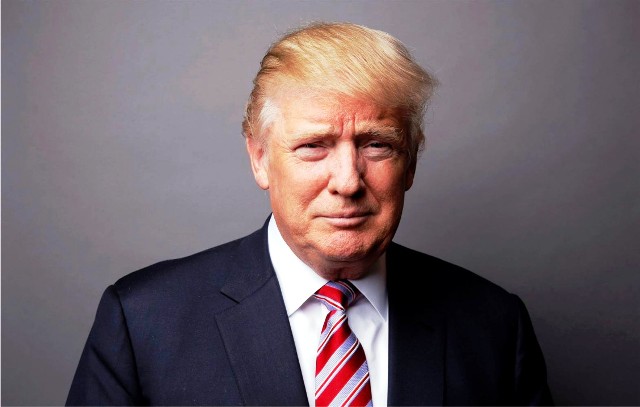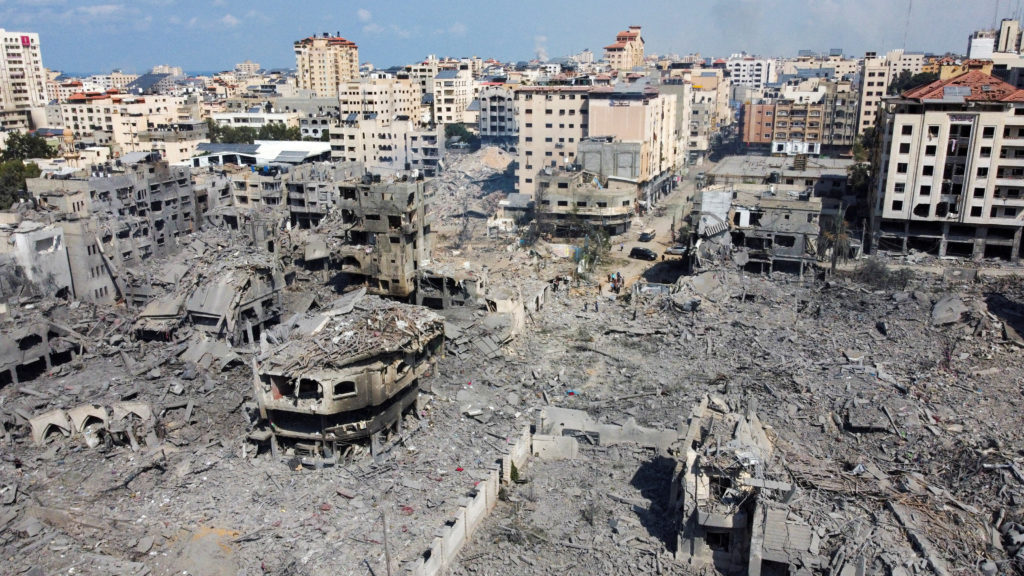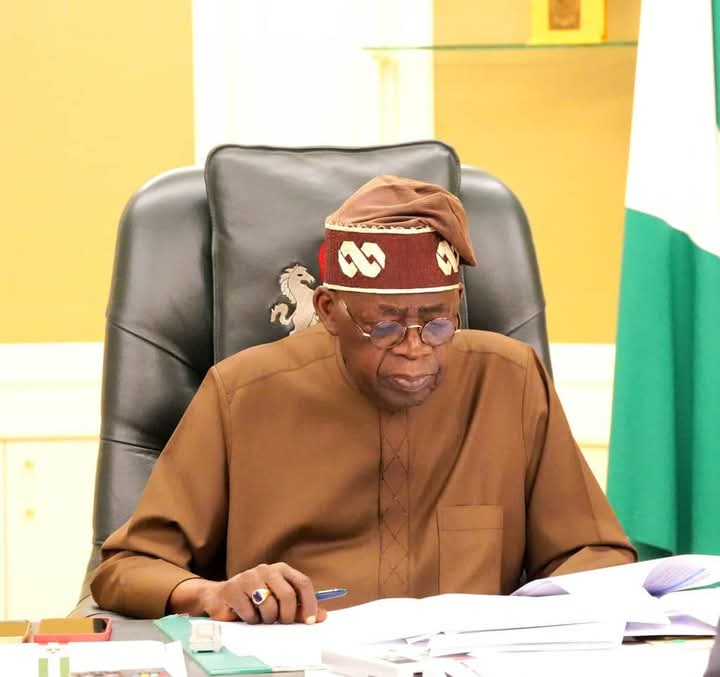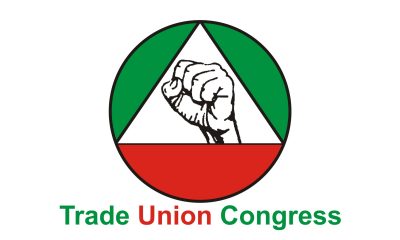Editorial
That Rivers Gas Task Force

Amid government’s quest for rapid growth of the nation’s cooking gas market, one of the challenges facing the growing market is the rate of gas cylinder explosions posing serious threat to many homes.
Only recently, Nigerians were jolted by fire incidents resulting from explosions at gas plants in different parts of the country. In two of the explosions that occurred within 24 hours in parts of Lagos State and another in Kaduna State, not only were property worth millions of naira also destroyed, lives were lost, aside from those who sustained various degrees of injuries.
No doubt, in the last few years, more Nigerians have imbibed the habit of using Liquefied Petroleum Gas (LPG) for domestic cooking, even as the Federal Government has equally stepped up the campaign for the use of clean energy for cooking.
Suffice it to say that the affordability of LPG by many homes and the consequent increasing patronage has attracted all manner of persons into the gas business, and leading to the setting up of gas retail outlets or gas plants even in residential areas.
Industry sources are uncomfortable with this development, especially since many of the dealers know next to nothing about standard safety measures, which ought to be in place.
Worried by the development, the National Chairman, Liquefied Petroleum Gas Retailers (LPGR) arm of the Nigeria Union of Petroleum and Natural Gas Workers (NUPENG), Mr. Michael Umudu, recently expressed concern over the development when he said that the proliferation of cooking gas retail outlets in the country has made it difficult for effective supervision and enforcement to take place, besides leading to the involvement of people who are ill-qualified to do the business.
“People who know little to nothing about the LPG retailing business are daily flocking into the business. This leads to the proliferation of substandard and fake products,” he said. Apart from industry players being worried that quacks are manning gas outlets, residents are getting perturbed that their safety is being compromised gradually by untrained gas outlet owners, while appropriate government agencies look the other way.
Definitely, these incidences of fire outbreaks, especially with the way attendants in these places just upturn gas cylinders without a care and their attendant consequences call to question, safety guidelines put in place by concerned authorities, especially in the light of the proliferation of gas plants, gas skids and gas retail outlets across the country.
It is against this backdrop, The Tide welcomes as apt the decision of the Government of Rivers State to constitute a task force to enforce control and ensure that only licensed persons operate such businesses in order not to place the lives and property of residents at risk.
While disclosing the plan of government at a recent meeting with gas management stakeholders in the state, the Rivers State Commissioner for Energy and Natural Resources, Dr. Peter Medee, said the meeting which was at the instance of the State Executive Council was to ensure that measures are quickly put in place to stop those operating illegal gas outlets in order not to risk the lives and property of residents anywhere in the state.
According to him, the state government considers the lives of Rivers people very important and as a result does not intend to compromise the life of any individual in the state, disclosing that members of the task force would comprise officials of the Department of Petroleum Resources (DPR), security agencies and some appointees of the state government to drive the enforcement.
Said he, “We have called you today to inform you of the importance Rivers State Government has attached to this very volatile situation. As a result, we are getting ready to take the bull by the horns to ensure that everybody doing gas business in Rivers State must operate under the laws of the Federal Republic of Nigeria as regulated by DPR in terms of guidelines for their operations.”
While we appreciate the stakeholders engagement procedure taken by the state government, we equally expect immediate implementation of sensitisation plans and the setting up of the task force that will compel strict compliance of everybody doing or wanting to do gas business in Rivers State to the extant laws of the Federal Republic of Nigeria.
Given the volatile nature of gas as a product, we equally expect that both the state government and the federal government agencies such as the DPR, the Police, Department of State Services, DSS, Army, the NSCDC, among others, will synergise to ensure that those caught are handled according to the law.
Apart from compliance, the task force must enforce safety precautions on a sustainable basis. More of auditing, inspecting and monitoring of these gas retail outlets has to be done to ensure the success of the objective. We also appeal with parents and business owners to keep members of their families and those at workplaces abreast of safety tips while dealing with domestic gas cylinders.
Also, proliferation of expired and sub-standard cylinders in circulation across the state and poor safety practices which are also leading to explosions that are claiming lives in droves should form part of the agenda of the taskforce.
Editorial
HIV, Transiting From Donor Dependence

The initial announcement by United States President, Donald Trump, to cut funding for international
HIV/AIDS initiatives sent shockwaves through the global health community. In Nigeria, a country facing a significant HIV/AIDS burden, the potential consequences were dire. However, the subsequent waiver granted by the administration has provided a lifeline for the millions of Nigerians who rely on the President’s Emergency Plan for AIDS Relief (PEPFAR) for their treatment and support.
PEPFAR has been an important partner in Nigeria’s fight against HIV/AIDS. Since its inception in 2003, PEPFAR has committed more than $7.8 billion to the country, catering to approximately 90 per cent of HIV treatment requirements. With this funding, Nigeria has been able to enhance its HIV prevention, treatment and support services and has witnessed a reduction in HIV/AIDS deaths.
The waiver granted by the Trump administration guarantees that PEPFAR’s life-saving medicines and medical services will continue to reach the needy. Antiretrovirals (ARVs) are the most common type of medicine used to treat HIV and reduce the virus’ spread. Through the provision of ARVs, PEPFAR helps prevent the spread of HIV and enhances the quality of life of those with the condition.
Although Nigeria was recently exempted from the requirement, the signs are evident: the country has to graduate from dependence on donor funds for its HIV/AIDS control programmes. Over the years, partners including the U.S. government have been central to the provision of treatment to people living with the virus. However, it is time for Nigeria to own its national response to HIV/AIDS.
Nigeria’s HIV/AIDS burden remains critical, accounting for 10 per cent of the global total. In 2023 alone, there were 75,000 new infections and 45,000 HIV-related deaths. The battle against Mother-to-Child Transmission remains challenging, with only 35 per cent of the target 75 per cent being met. Nearly 1.7 million Nigerian children have been orphaned due to HIV. Vulnerable populations, especially women and children, continue to disproportionately suffer.
To transition away from donor dependence, a multifaceted approach is necessary. Firstly, the country must increase its domestic financing for HIV/AIDS programmes. This can be accomplished through innovative funding mechanisms, such as leveraging public-private partnerships and exploring local revenue sources. Secondly, the government needs to strengthen its healthcare system to ensure equitable access to testing, treatment, and care. This involves expanding access to antiretroviral drugs, investing in community-based models, and addressing the stigma associated with HIV.
Thirdly, Nigeria must prioritise prevention efforts. This entails promoting condom use, providing comprehensive sexual education, and increasing awareness about the risks and modes of transmission. By focusing on prevention, the country can decrease the incidence of HIV infections and ultimately lessen the burden on its healthcare system.
Finally, Nigeria should develop a sustainable human resource strategy for its HIV/AIDS response. This involves training and equipping healthcare workers, engaging community volunteers, and empowering people living with HIV to advocate for their rights. A well-trained workforce is essential for delivering high-quality services and ensuring the long-term success of the response.
The transition beyond donor dependence is a complex but necessary journey for the country. By increasing domestic financing, strengthening healthcare systems, prioritising prevention, and investing in its human resources, the country can create a sustainable and effective response to HIV/AIDS. Also, the government should consider alternative funding mechanisms, such as increased domestic funding, public-private partnerships, and philanthropic initiatives. The time to act is now, for the well-being of present and future generations.
Nigeria’s National Agency for the Control of AIDS (NACA) has made momentous strides in combating HIV/AIDS, including expanding access to testing, treatment, and education. However, challenges persist, hindering the effectiveness of these efforts.
One major obstacle is limited access to healthcare facilities, particularly in rural areas. This impedes timely diagnosis and treatment, reducing the likelihood of optimal outcomes for those living with HIV. Additionally, stigma surrounding the disease remains a formidable barrier, preventing individuals from seeking testing and care. Inadequate awareness campaigns further contribute to low testing rates and delayed diagnosis.
Addressing these challenges requires concerted action by the government and stakeholders. Allocation of adequate funding is crucial to expand healthcare infrastructure and ensure the availability of essential services. Moreover, targeted interventions to reduce stigma and promote awareness are vital for increasing testing and early detection.
Collaboration between civil society organisations and grassroots movements is also essential for advocating for protection of HIV funding. Advocacy campaigns can mobilise public support and pressure lawmakers to prioritise the fight against HIV/AIDS. By addressing these challenges and ensuring sustainable funding, Nigeria can depend less on donor countries, drastically reduce HIV transmission, and provide the necessary care to those affected by the disease.
Editorial
Israel-Gaza War: Sustaining The Ceasefire

Editorial
No To Hike In Telecom Tariffs

Nigerians are outraged by the Federal Government’s approval of a 50 per cent increase in telecommunications tariffs, with organised labour threatening to mobilise workers to boycott telecom services. The Nigeria Labour Congress (NLC) and the Trade Union Congress of Nigeria (TUC) have described the upcoming tariff as outrageous, lamenting that it will worsen the already harsh living conditions of workers and the masses.
Similarly, the Coalition of Northern Groups (CNG) rejected the hike, stating that it was ill-timed and did not take into consideration the struggles of Nigerians. The Human Rights Writers Association of Nigeria (HURIWA) also criticised the review, calling it an illegal, unconstitutional, and oppressive policy that undermines the fundamental rights and freedoms of Nigerians. It is a difficult moment for the industry.
Recall that the Nigerian Communications Commission (NCC) approved a 50 per cent increase in tariffs for telecom operators last Monday, instead of the 100 per cent raise that operators had requested. This decision quickly angered the consumers’ association, which criticised the government’s approval as not only punitive but also insensitive.
We wholeheartedly agree with the stance of labour and other groups on this very sensitive matter. We unequivocally condemn the 50 per cent increase in telecom tariffs. Though telecom operators cite higher operational costs and inflation as reasons for the hike, the timing and impact raise serious concerns in the current economic situation. It is a blatant attack on the well-being of the Nigerian worker and a betrayal of the people to corporate interests.
Telecommunication services are essential for daily communication, work, and access to information. However, the average Nigerian worker already spends approximately 10 per cent of their wages on telecom charges. For a worker earning the current minimum wage of N70,000, this means an increase from N7,000 to a staggering N10,500 per month or 15 per cent of their salary, a cost that is unsustainable.
This hike exemplifies the government’s apparent ease in prioritising corporate profits over citizens’ welfare. It is shocking that the government approved a 50 per cent tariff increase for telecom companies within a month, yet took nearly a year to approve the recent minimum wage for workers, despite the rising cost of living and inflation eroding purchasing power.
The questions are: When will the government stand up for the citizens it swore to protect? When will the National Assembly rise to its responsibility and hold the Executive accountable for policies that blatantly undermine the welfare of the majority? When will the common man finally heave a sigh of relief in Nigeria? We urge the government, the NCC, and the National Assembly to review the implementation of this ill-advised increase.
It is difficult to understand the state of mind of the managers of the nation’s economy. Sadly, these managers have alienated themselves from the reality of today. How can a government approve a 50 per cent hike in the tariff of telecom services when even the N70,000 minimum wage has been eroded by inflation, electricity tariff hikes, exorbitant fuel costs, transportation, and other social services?
Even if there is a need for an increase, why does it have to be 50 per cent? If, after dialogue, it is agreed that a raise is necessary, we should all consider a more reasonable increase rather than the 50 per cent hike. Fifty per cent is excessive and will only worsen the already harsh living conditions of workers, placing a heavier burden and more suffering on them and the general population.
The recognition of telecommunication services as essential components of modern society cannot be overstated. In an era characterised by rapid digital transformation, these services are fundamental not only for personal communication but also for facilitating broader socio-economic engagement. The proposed tariffs increase in the telecom sector raises critical concerns regarding equitable access to vital services that support communication, education, healthcare, and commerce.
In a democracy, the people should be the central focus of all government actions and policies. Every decision should aim to improve their quality of life. This plan must be carefully scrutinised with the welfare of citizens in mind. An increase in telecom tariffs will negatively impact many Nigerians, as the internet has become an essential tool for business, communication, and daily activities.
The Tide calls for the immediate suspension of the 50 per cent hike in tariffs. Instead, we recommend a more reasonable adjustment of a maximum of 10 per cent, which balances industry sustainability with the current economic realities in the country. We also demand that the NCC engages in genuine, inclusive consultations with consumer advocacy groups, civil society organisations, and other grassroots stakeholders before implementing any tariff adjustments.
-
Business5 days ago
Bayelsa Recommits To Infrastructure, Sectoral Dev … Rakes In N227.185b From IGR
-

 Featured3 days ago
Featured3 days agoTUC Opposes FG’s Proposed Toll Gate On Federal Roads, Rejects Electricity Tariff Hike
-

 News3 days ago
News3 days agoBe Consoled, God Who Gives, Also Takes, Fubara Tells Principal Secretary
-

 News5 days ago
News5 days agoS’South Deputy Govs Pay Condolence Visit To A’Ibom Colleague
-

 Niger Delta5 days ago
Niger Delta5 days agoHYPREP Presents Scholarship Grants To 300 Ogoni Postgraduate Students
-
Nation3 days ago
Party Chieftain Hails LG Boss’ Dev Strides
-

 Oil & Energy4 mins ago
Oil & Energy4 mins agoOPEC+Commits To Monitoring Oil Production Adjustment
-
Niger Delta5 days ago
Environmentalist Makes Case For Oceans Preservation

